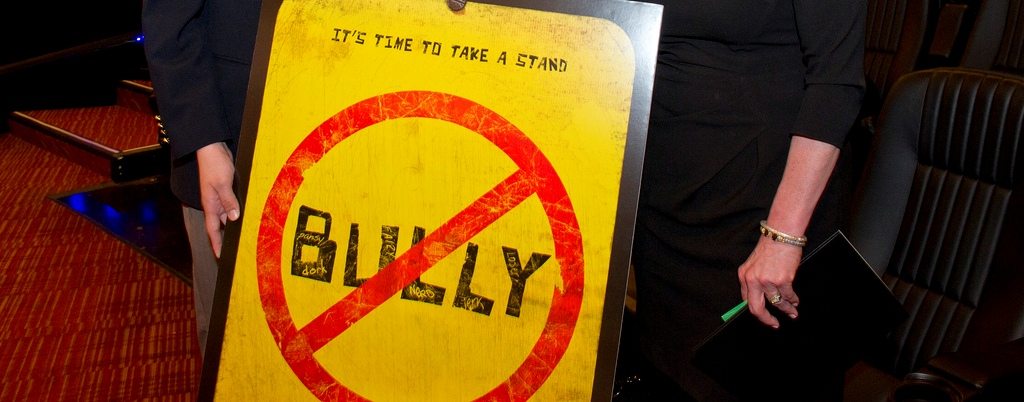Warwick Professor publishes first ever bullying study that looks beyond health
The first study of bullying that looks beyond the effects of health has been published by Warwick Professor Dieter Wolke.
The results of this research, published in Psychological Science, highlight the extent of which the risk of health, wealth and social problems is heightened by exposure to bullying.
Results show that serious illness, poor social relationships and struggling to hold down a regular job are a snippet of the effects of those exposed to bulling at a young age.
This is a 16-year study, the cohort (the Great Smoky Mountain cohort) were first measured at ages 9-11 and they are now 25-27. There were 1,420 participants.
Within the study, there was an investigation on the impact of all those affected: the victims; the bullies themselves; those who fall into both categories (‘bully-victims’).
The ‘bully-victims’ presented the most significant health risk for adulthood, being over six times more likely to be diagnosed with a serious illness, smoke regularly or develop a psychiatric disorder.
Professor Wolke stated: “In the case of bully-victims, it shows how bullying can spread when left untreated.”
All of the groups were more than twice as likely to have difficulty in keeping a job, or commit to saving, and as such displayed a higher propensity for being impoverished in young adulthood.
Very few ill-effects of being the bully were found in the study and they were rarely negatively impacted in adulthood.
“Bullies appear to be children with a prevailing antisocial tendency who know how to get under the skin of others, with bully-victims taking the role of their helpers,” explained Professor Wolke.
Professor Wolke studied at Psychology in Kiel (Germany) and London, and did his PhD in London (at the time, the Faculty of Science) in Child Development.
Professor Wolke stated clear intentions for carrying out his research.
“When I started my career the mantra was: parenting is very important – parents can make or break you. The more we researched the more we found that peers matter too.
“After all, adolescents do not dress like their parents, listen to their music, etc. and children spend so much time with peers either face to face or on the phone or nowadays on social media too.
“Thus 20 years ago, I started investigating what happens when peers are nasty to you, such as systematically abusing you every week, often several times a week with the intention to harm you.
“That is called bullying and it can be direct (verbal abuse to fitting and kicking, blackmailing) or indirect (such as spreading rumours, excluding you from events, playing tricks, posting embarrassing pictures etc.).
“We found that it is distressing for children and adolescents, and has effects such as leading more often than those not bullied, to depression, anxiety, psychotic experiences and self-harm and suicide attempts in childhood/adolescence.”
When asked the aim of the research, Professor Wolke replied: “Bullying is still often considered as a normal rite of passage – it is not – it is very harmful for those who are victimised and throws a long shadow over the life of children.
“We need to recognise this to change individual behaviour (how we behave towards others) but also to train teachers, health professionals and parents better to recognise it.
“I had many emails from adults who were bullied and thanked us for reporting the findings that reflect what bullying did to them.”
Further projects for Professer Wolke include new interventions such as virtual reality, and new ways of reaching children and adolescents. He is working on finding out what makes some children more resilient to being bullied.
Emma-Jane Cross, CEO and founder of BeatBullying, remarked: “This ground-breaking study shines a light on what has been an overlooked subject for society and the economy. The findings demonstrate for the first time just how far-reaching and damaging the consequences of bullying can be.
“BeatBullying has been raising awareness of the devastating impact of bullying on young people’s lives for over ten years. But as this research reveals, bullying not only robs young people of their childhood, but can also severely damage a person’s future potential leaving them at greater risk of becoming impoverished.’’
Ms Cross’ final remark was: ‘‘This research should be a wake-up call for us all. We need action now from government, schools, families and communities. Solutions will only be found through a united movement against bullying.”

Comments